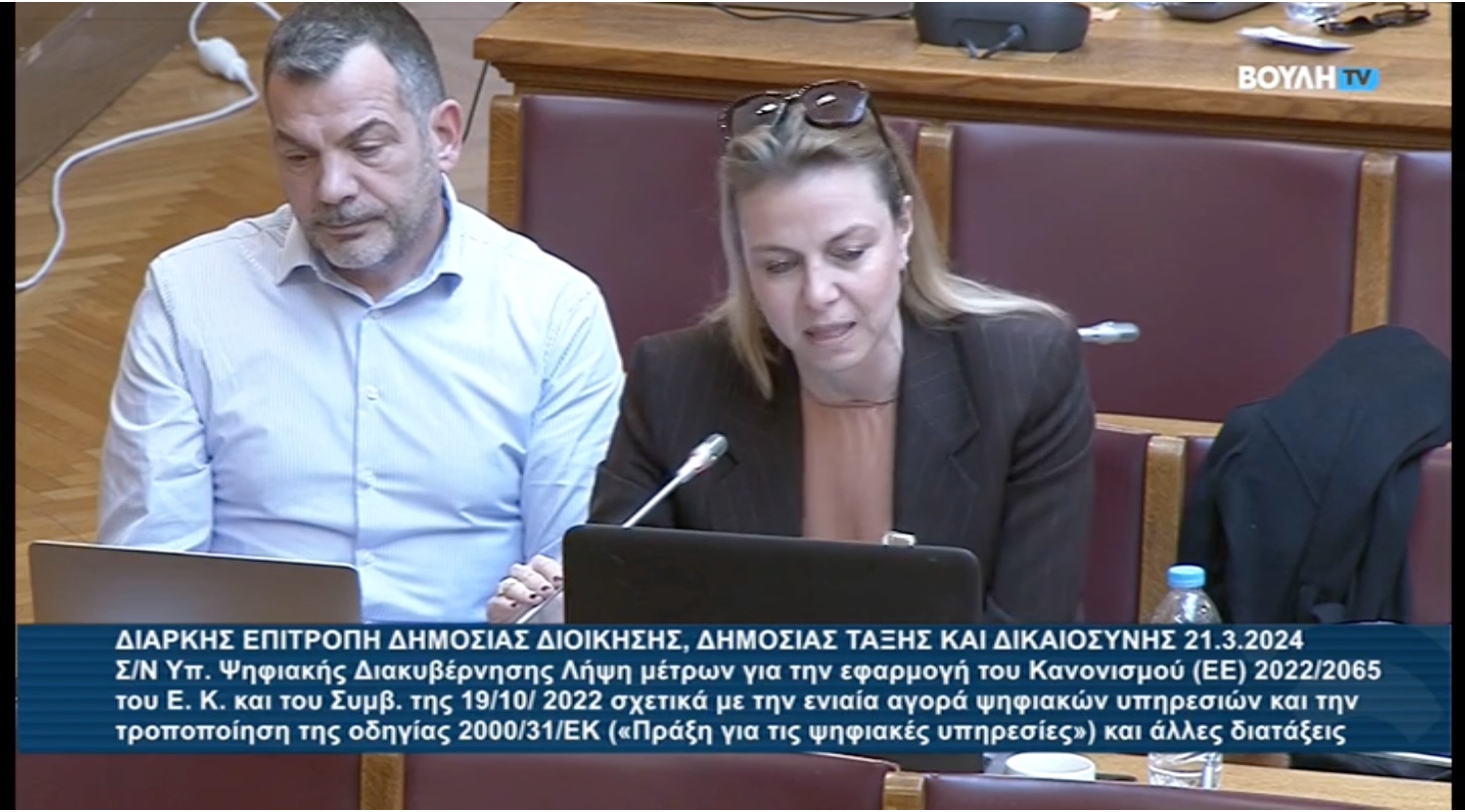Law 4808/2021 on the protection of labour introduced in Greece, following its implementation in other European countries, the concept of teleworking and the right to disconnect employees through teleworking.
More specifically, Article 67 of the law reflects the concept of telework as “the provision of the employee’s dependent work at a distance and with the use of technology, under the employment contract of full-time, part-time, rotational or other form of employment, which could be provided from the employer’s premises”. In addition, a new right to disconnect is introduced as a right for a teleworking employee to “refrain completely from the provision of his/her work and, in particular, not to communicate digitally and not to respond to telephone calls, emails or any form of communication outside working hours and during his/her statutory leave”.
The adoption of the right to disconnect has become absolutely necessary in view of the way in which distance working is being provided, which has been imposed, inter alia, to a greater extent by the Covid-19 pandemic and the use of technology and digital media. As a consequence of working remotely from home without physical presence, the need has arisen to protect the worker from constant professional digital communications and to extend working hours outside agreed working hours. It has become imperative that distance working be accompanied by the right to disconnect, which is discussed below:
- The right of the worker not to carry out his or her normal work outside the hours specified in the contract of employment (as distinct from working hours)
- The right of the worker not to be discriminated against because he has exercised his right to take time off
- To the obligation to respect the exercise of the right to detachment by a co-worker
According to the above law (Article 67(5)), it is the employer’s obligation, inter alia, to take the appropriate technical and organisational measures necessary to ensure that the teleworker is disconnected from digital communication tools. In addition, in addition to the obligations of the employer under Decree Law 156/1994 (A’ 102), within eight (8) days from the start of teleworking, the employer is obliged to notify the employee in any appropriate manner, including, inter alia, the obligation to protect the professional data, as well as the personal data of the teleworker and the actions and procedures required to fulfill this obligation. The information obligation reflected in the above article is consistent with the obligation to maintain transparency and inform data subjects about the processing of their personal data in accordance with the GDPR as well.
The right to disconnect can be seen in the light of the protection of personal data by giving teleworkers (as data subjects) the control of their privacy over the time and conditions under which their devices are connected resulting in the collection and processing of their personal data.
Any company that employs remote workers using technology, in order to comply with the applicable legislation on the actions it needs to take to comply with the data protection requirements when providing teleworking, needs to develop its own relevant strategy and adopt appropriate texts to inform its employees as data subjects.
To read the full text of Law 4848/2021 click here.




